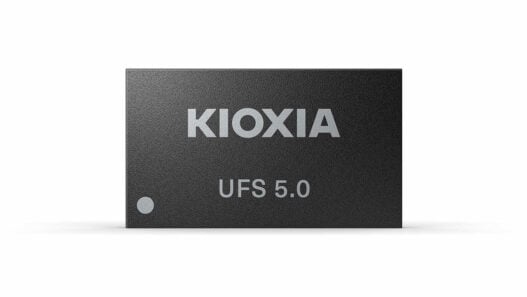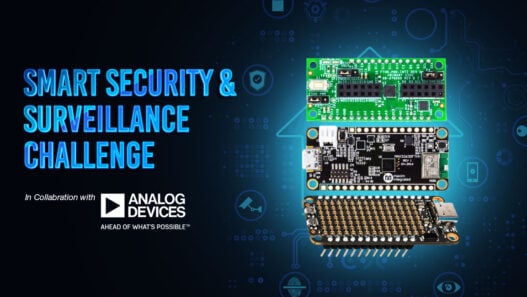Based on the ARM Cortex-M3 core running at 80MHz, the new device operates from a 5.0V supply and integrates Toshiba’s proprietary PMD3+ programmable motor driver technology, a vector engine (VE) 12-bit ADC functionality and a comprehensive set of peripherals and interfaces into a single 100-pin IC. The result is compact, highly efficient device that can simplify applications requiring precision control of sensored and sensorless three-phase brushless DC (BLDC) motors or three-phase induction motors.
By combining the low-power ARM core with 256kBytes of Toshiba’s high-speed, high-efficiency NANOFLASH™ Flash memory the TMPM370FY is able to deliver high levels of performance while keeping power consumption to a minimum. Offloading motor control to the PMD3+ means that the ARM core is free to manage other elements of the embedded design.
The two channel PMD3+ block and the single channel VE manage all of the functions needed to control a motor including three-phase PWM waveform generation at 16-bit resolution, speed control and position estimation. The 12-bit ADC provides high-speed, PWM-synchronised analogue-to-digital conversion, while an on-board comparator can be used for detecting emergency stop conditions. Other on-board features include a regulator, a single-channel encoder, power-on-reset/low-voltage detection, a watchdog timer and an 8-channel 16-bit timer.
As well as the on-board Flash memory the TMPM370FY offers 10kBytes of RAM and an 8-channel DMA controller for external memory support. An integrated Oscillation Frequency Detector (OFD) facilitates hardware monitoring of the CPU in accordance with the requirements of safety standard IEC60730 Class B, while a 4-channel SIO/UART provides external interfaces.







